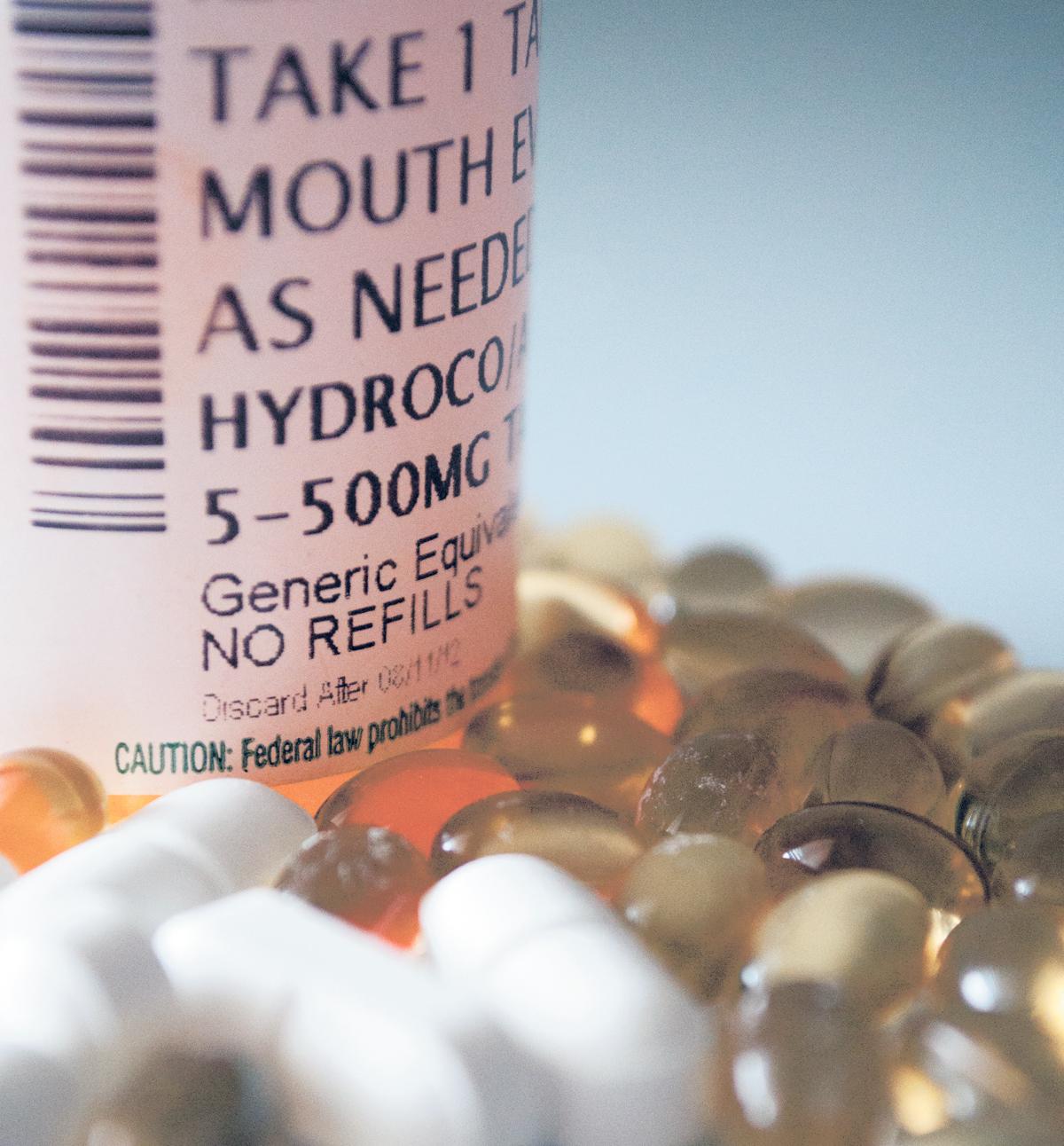Bear River Health Department wants to stop the ‘silent killer’
Your prescription drugs are old and unusable, plus the consequences of a child or pet eating them would be detrimental. What should you do?
The Bear River Health Department can help.
Health department educator and program manager of the prescription drug program, Chelsy Schneringer, said the health department received a 4-year $48,000 grant last September.
The goal of the grant is to help educate the community on how and where they can properly dispose of their unused or expired prescription drugs.
Schneringer said the funding, which is per fiscal year, will help on three levels of assistance for the community; which include healthcare providers such as doctors that work in clinics, general awareness for the public, and those that are at-risk of overdose or know someone who is.
“We want to decrease the supply of opioids because it leads to risky behavior,” Schneringer said. “It’s overkill.”
Grant funds have been used to conduct trainings with hospitals such as Logan Regional and Bear River Valley Hospital in conjunction with jails. The health department wants these places to be regularly checking the controlled substance database.
“We only want people who have legitimate prescriptions using these drugs,” Schneringer said.
Bear River prevention specialist Madie Hauck said it’s important to dispose of drugs properly because it helps prevent these drugs getting in the wrong hands or paws.
“Children, pets and family are at risk when people don’t dispose of these drugs properly,” Hauck said. “Many addicts will go through the trash, or kids will tell a friend of a friend that their parents have unused pills,” Hauck said, “it’s scary.”
For safe disposal at home, the department wants people to follow five simple steps:
- Rip off label from the bottle and any personal identifying information.
- Crush up the pills.
- Place them in an undesirable substance (litter, diapers, coffee grounds, etc.)
- Seal in a plastic bag and take out to the trash on the day it is collected.
- DO NOT flush medication unless otherwise directed. This may pollute the water supply.
These steps will prevent people or animals from taking the drugs on purpose or accidentally, Hauck said.
The department also has a list of drop off box locations on its website at www.brhd.org.
Utah State University’s prevention specialist, Ryan Barfuss, said although opioids are a big problem in the state, the university has no treatment options for those struggling with opioid abuse.
“The school has no long-term treatment options for those dealing with the illness because of the expense and longevity of the rehab,” Barfuss said.
State legislation will make it harder to possess these drugs, as patients can only get seven days worth of painkillers at one time, instead of a month’s worth. This places more responsibility on pharmaceutical companies and physicians, Barfuss added.
“It’s a big deal because it will lessen the number of over-the-counter drugs that people can possess and sell under the table,” Barfuss said. “The school has problems with the use of alcohol and marijuana, but opioids are a quiet illness.”

